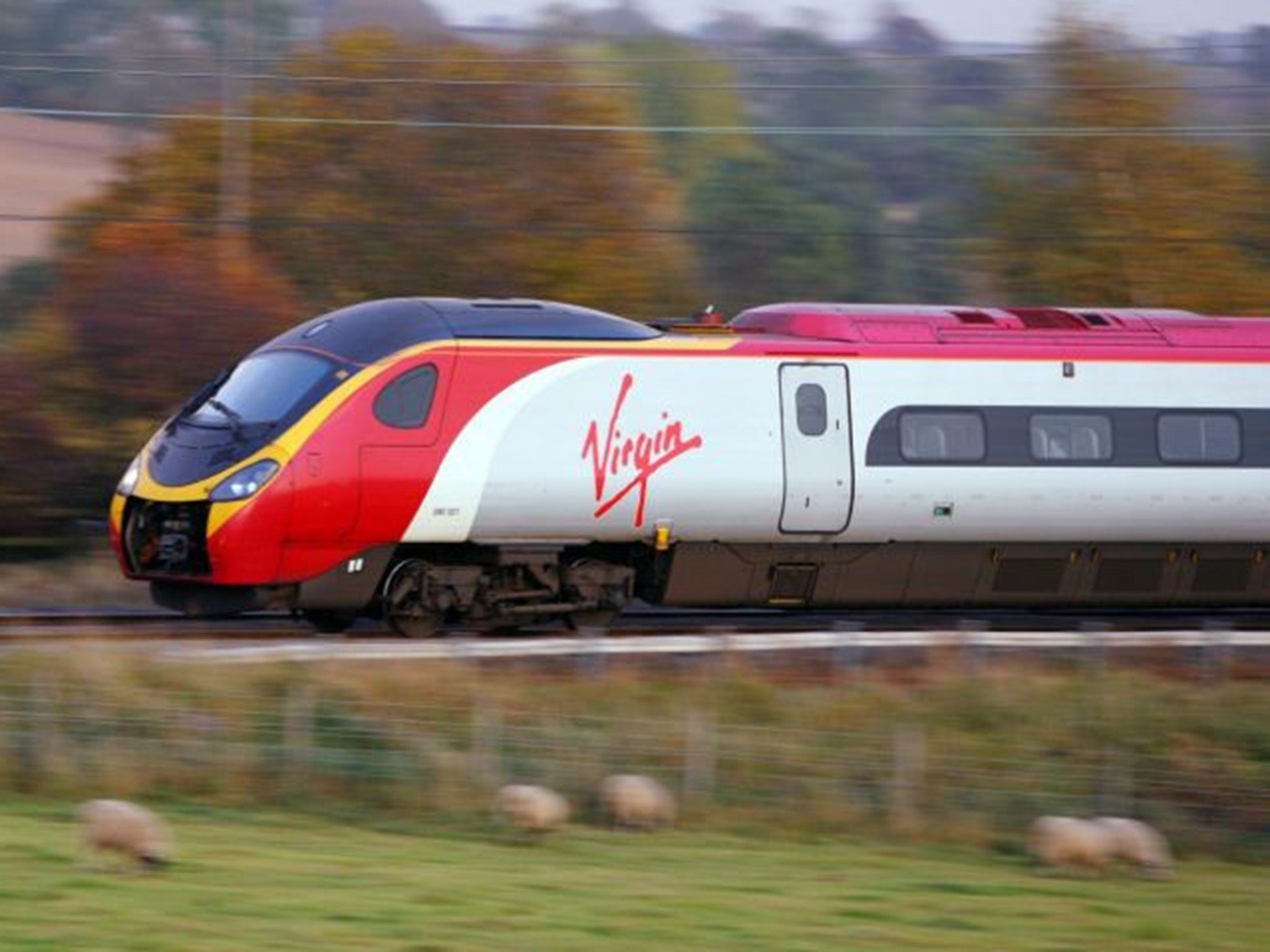The government needs to make an economic – not an ideological – decision about our railways
It is the unacceptable face of public-private partnership, as well as the ridiculous ticket prices, that has driven the public towards embracing Labour’s policy of nationalisation, unappetising as it is for anyone with a memory of the bad old ways of British Rail

With the (latest) renationalisation of the East Coast mainline, Britain’s railways have taken on even more of the quality of Schrodinger’s cat. They are, sometimes, still an example of a successful public-private partnership and the railway service is already simultaneously publicly owned – Network Rail infrastructure of track, signalling and the rest, plus the various regulatory bodies – but also privately owned or run (rolling stock, franchises, some support services).
Puzzling as the picture is, it is also true that Britain’s railways are, in the classical way of the philosophical puzzle, simultaneously dead and alive. Despite the opprobrium heaped on the private operators, the quarter-century since the railways were privatised have been overwhelmingly successful on a number of metrics.
Traffic is running at levels not seen since the First World War (indeed to an extent that they can lead to permanently “ram-packed” carriages as Jeremy Corbyn famously observed from the floor of a Virgin service to Newcastle). Punctuality, catering and customer service are also, sometimes, much improved on the state-owned, pre-1990s British Rail.
Today, there is also more investment, innovation and experimentation with services and ticketing options, with plenty of cheap travel for those able to plan far in advance; and there is some competition, of sorts, though not directly pitting operators against one another on the same routes.
Varied and busy, the UK’s railways are very much alive.
On the other hand, the railways are also quite dead in a conventional commercial sense. They could never be privatised in the way that, say, British Airways or Rolls-Royce were, which is why they were left until the fag end of the Major government to be hived off. The kinds of problems that beset British Rail under public ownership – and indeed under the previous privately-owned companies before 1948 – remain to this day. Freight traffic still prefers to use the road network, as do many passengers. Few rail services are truly profitable in the sense of being able to cover their costs and generate sufficient funds for future investment; many, such as the southern English commuter routes and “cross country” services require substantial public subsidies.
The private companies, from the failure of Railtrack in 2002 through to Carillion’s collapse and now Stagecoach and Virgin’s decision, have shown themselves either unwilling or unable to shoulder the financial risks implicit in the contracts they have been awarded. When things go wrong they either go bust or, in anticipation, “hand the keys back” to the state, and with them the prospective mounting losses.
Most painfully, “on demand” ticket prices are absurdly high; one enterprising individual recently bought a used Honda Civic and, even with road tax, petrol and insurance, saved £26.81 on the rail ticket price of £218.10 for his 120-mile hop from London to Bristol.
On an ideological level, it is also worth noting that many rail franchises, as with bus companies, are owned or part-owned by state utilities from Europe, and thus already nationalised, albeit by national or local governments in France, Italy, the Netherlands and Germany. The railways in Northern Ireland are still publicly-owned by the British state.
Is this any way to run a railway? There is certainly a logical and moral problem with a public-private “partnership” that represents a one way bet for the private companies. As with the banks during the financial crisis, where they had to be rescued at considerable expense by taxpayers, a system where profits are privatised but losses are nationalised is not tolerable.

It is the unacceptable face of public-private partnership, as well as the ridiculous ticket prices, that has driven the public towards embracing Labour’s policy of nationalisation, unappetising as it is for anyone with a memory of the bad old ways of British Rail – never a byword for financial success, operational efficiency or pleasurable travel. This was, after all, a public enterprise that would offer its travellers inedible microwaved caricature “burgers” under the Casey Jones brand, the very mention of which can unsettle a tummy to this day. That was proof, were it needed, that British Rail couldn’t run a burger chain better than McDonald’s could.
In other areas of the economy (such as fast food restaurants) the boundaries of private sector and public sectors are set without much controversy; with the railways there has been, since about 1920 when they started their long decline, no such consensus. It need not be an ideological matter, and it should be determined by a simple recourse to determining what, on balance, is in the interests of taxpayers, of the travelling public and the wider economy.
Unlike the Schrodinger’s cat, the conundrum of Britain’s railways will have to be resolved, as a matter of practical politics. As things stand, public opinion is unconvinced by transport secretary’s Chris Grayling’s protestations about private enterprise, and is receptive to the notion of trying public ownership once again. Just so long as they don’t bring back the Casey Jones burger.
Join our commenting forum
Join thought-provoking conversations, follow other Independent readers and see their replies
Comments
Bookmark popover
Removed from bookmarks